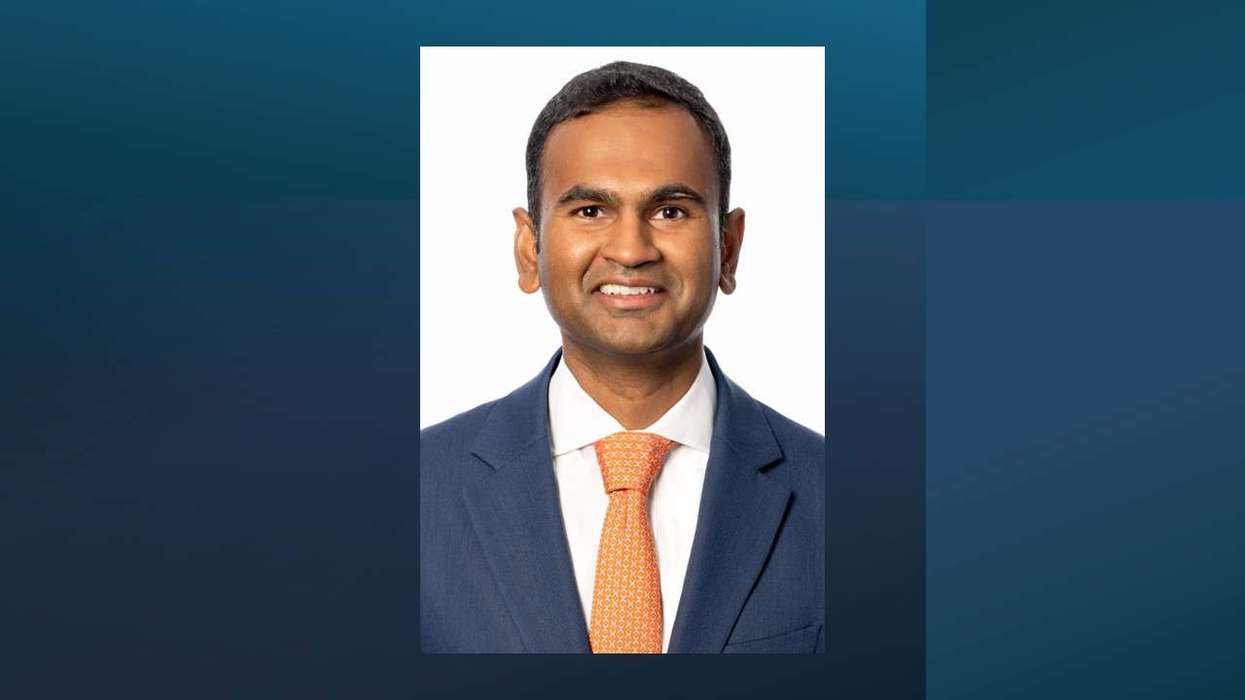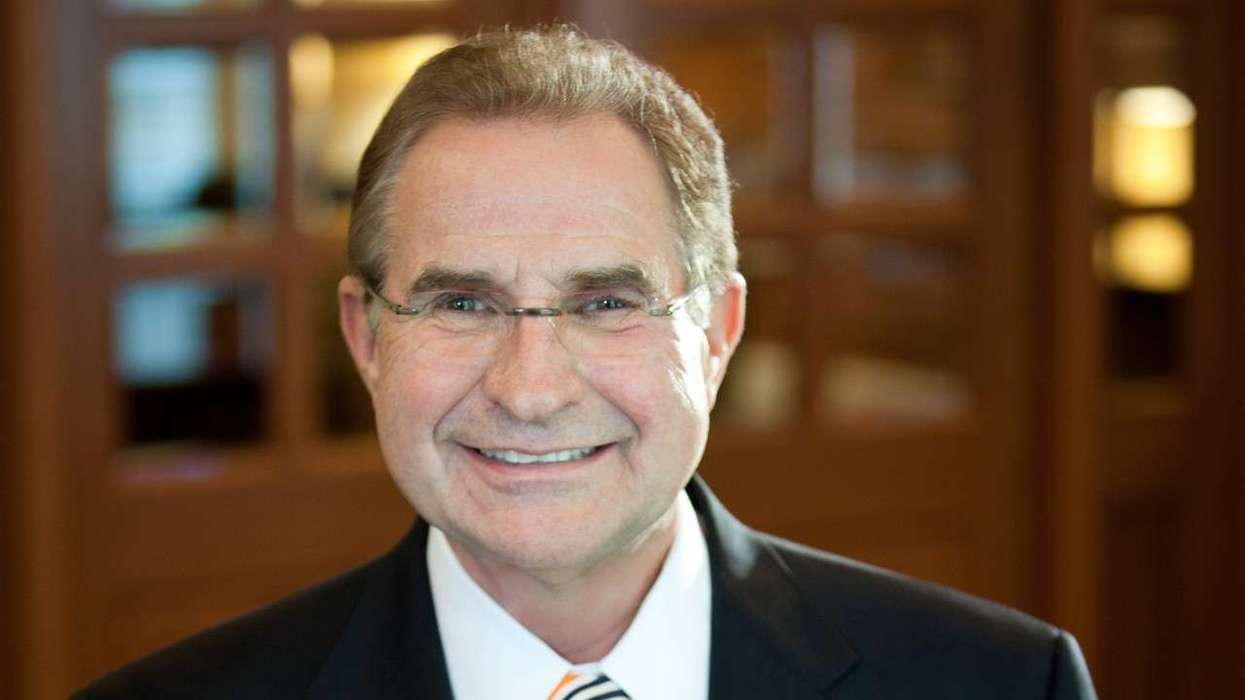REVPAR IS EXPECTED to remain flat this year and next, according to the forecast for 2020 and 2021 released Tuesday by STR at the Americas Lodging Investment Summit in Los Angeles. STR’s forecast was matched by similar predictions from CBRE Hotels Research and Kalibri Labs.
STR’s revised forecast showed no RevPAR growth in 2020, remaining at $86.73, and 0.5 percent growth to $87.18 in 2021. Occupancy is expected to rise 0.3 percent to 65.9 percent in 2020 and rise 0.1 percent the following year to 65.8 percent. ADR will go up 0.3 percent to $131.63 this year and 0.6 percent to $132.47 in 2021.
“The good news, and kind of the best news of this forecast, is we revised demand up slightly to 1.6 percent,” said Amanda Hite, STR’s president, during her ALIS presentation of the forecast. “We do think the economy is stable. The GDP growth we expect to be at 1.7 in 2020, so there will be demand growth, and that’s demand growth on top of all-time record highs.”
Supply growth is expected to remain at 1.9 percent for both years, which contributes to the real issue with the industry this year, Hite said.
“Because of supply and demand we will have negative occupancy growth, and the real story is the lack of pricing power,” she said.
Hite’s fellow panelist at the ALIS presentation, Mark Woodworth, senior managing director for CBRE Hotels Research, also was concerned about the lack of pricing power.
“There’s a growing suspicion that that old axiom of high occupancy which leads to scarcity which drives prices up can no longer hold true in our industry,” he said.
In fact, Woodworth said it appears that ADR runs in sync with occupancy, meaning if there is little change in occupancy, prices will stay the same.
“What we also know is that when occupancy declines, and we, too, have a short pull back expected this year, that clearly puts downward pressure on pricing capabilities,” he said.
Even if revenue does increase, hotels may actually keep less of it, said another panel member, Cindy Estis Green, CEO and co-founder of Kalibri Labs. Kalibri Labs tracks what guests pay to third parties, such as OTAs, not just revenue collected by the hotels, Green said.
“In looking at the forecast for that, we expect a slight slowdown,” she said. “Last year’s revenue growth was about 1.5 percent we expect it to be 1.3 percent this year.”
One reason is growth in wholesale commissions from $3.8 billion to $4 billion.
“So, there’s $4 billion in revenue that others collect that the hotels don’t collect that’s out there, and we want to track that in addition to net revenue.”
They expect only 0.9 percent growth in 2020, and “revenue capture,” or what hotels keep from what the guests pay, will drop below 83 percent this year.
“That means the revenue may increase, but we’re able to keep less of it,” she said. “The slowing revenue growth is a concern for the next couple of years going forward.”
While STR predicts occupancy decreases for all chain scale segments this year, it predicts upscale hotels will see the worst of it, dropping 0.9 percent. However, luxury hotels are expected to see the highest gains in ADR, up 1.2 percent, and in RevPAR, up 0.9 percent.
Independent hotels’ occupancy is expected to stay flat in 2021 while all other segments will see decreases. They will see the highest increase in RevPAR next year, a rise of 1 percent. Luxury properties will again see the highest growth in ADR that year, up 1.3 percent.
“Supply growth has been manageable when you look at the total numbers, but there has been a disproportionate amount of new inventory entering the limited-service marketplace,” Hite said. “While demand continues to be healthy in those segments, the jump in supply is going to put more pressure on performance levels.”
Also at ALIS, Choice Hotels International launched its new extended-stay midscale brand Everhome Suites and Wyndham Hotels & Resorts announced a new prototype for its Wyndham Garden brand.





